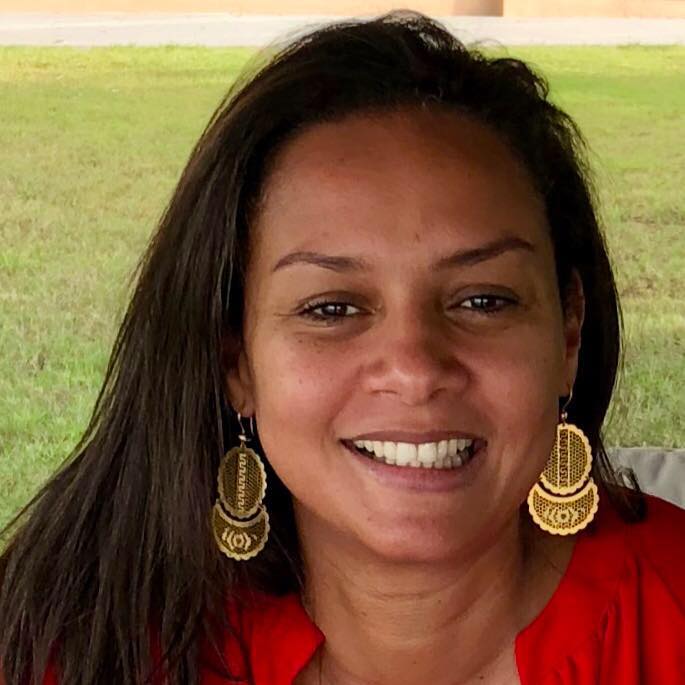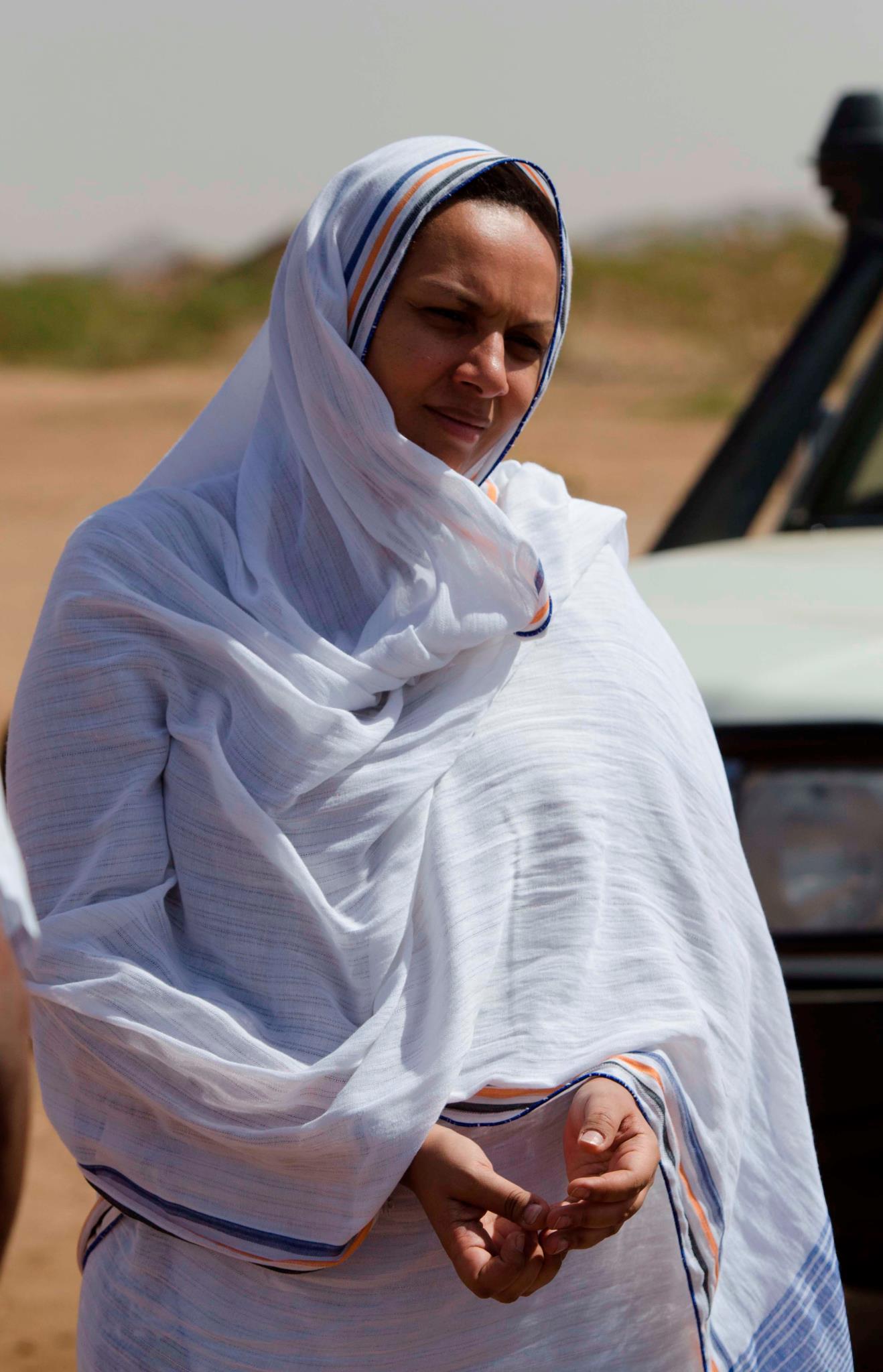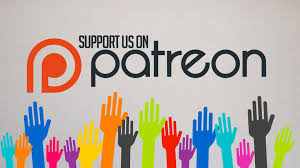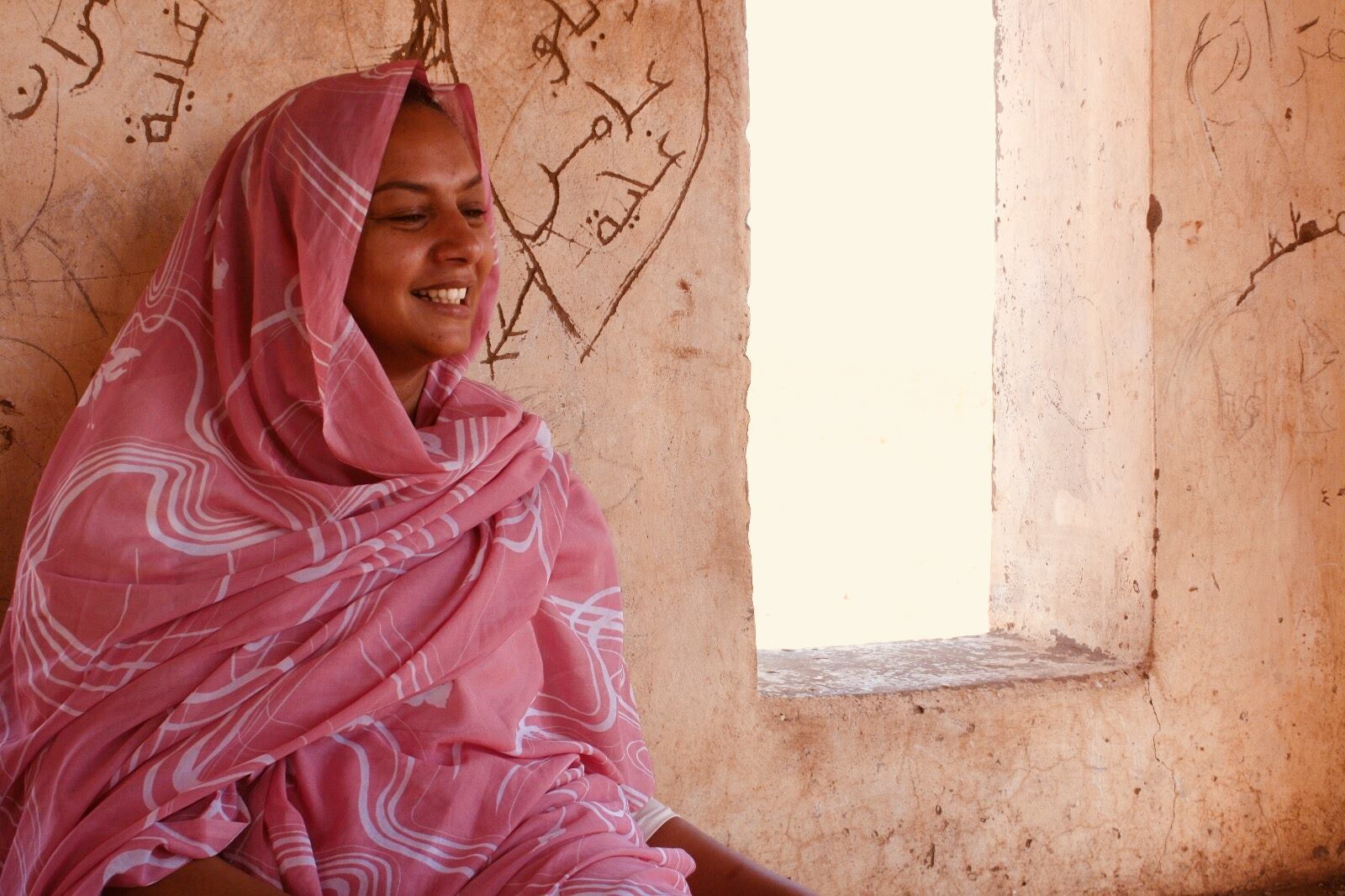For this first part of a two-part conversation, we talk to Sudanese activist Dahlia Al Roubi about what it was like growing up under the regime of recently deposed dictator Omar Al Bashir, how the current revolution swept Sudan, starting in December of last year, the challenges of weighing the purity of revolutionary principles against the practical constraints of time and competing interests, and about the role of women who took a leading role in the street protests but who now appear to be left out of the negotiations.
Dahlia and I recorded this first part of our interview on May 21st, before the current wave of violence was unleashed by the transitional military government on protestors and civilians in Khartoum. However we decided to include this conversation to claim some small space in the historical record, a space for what the Sudanese people were aspiring to as recently as Sunday evening. And we’re including it as a reminder that Syria also had this moment, and Egypt as well, and that while violence and a return to despotism might define the moment it’s important to ask ourselves where Western governments positioned themselves during the grassroots efforts to push these countries towards freedom.
Part two of our discussion provides a short update about the violence that has been unleashed by government forces in recent days, in particularly the RSF (Rapid Support Forces) formerly known as the Janjaweed.














